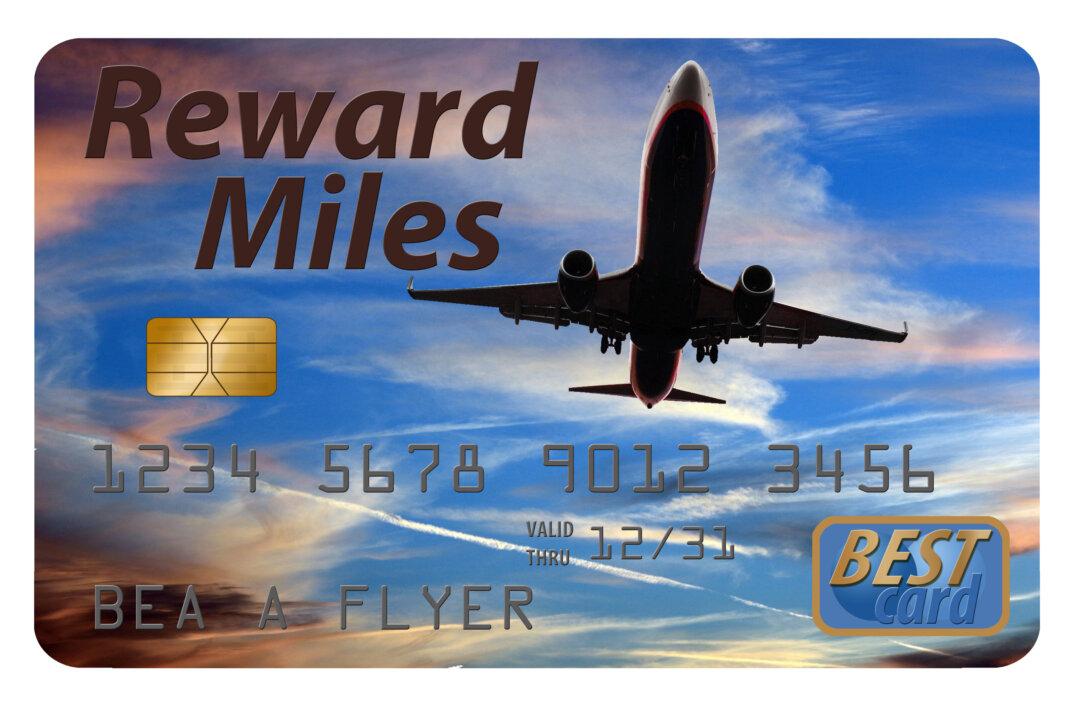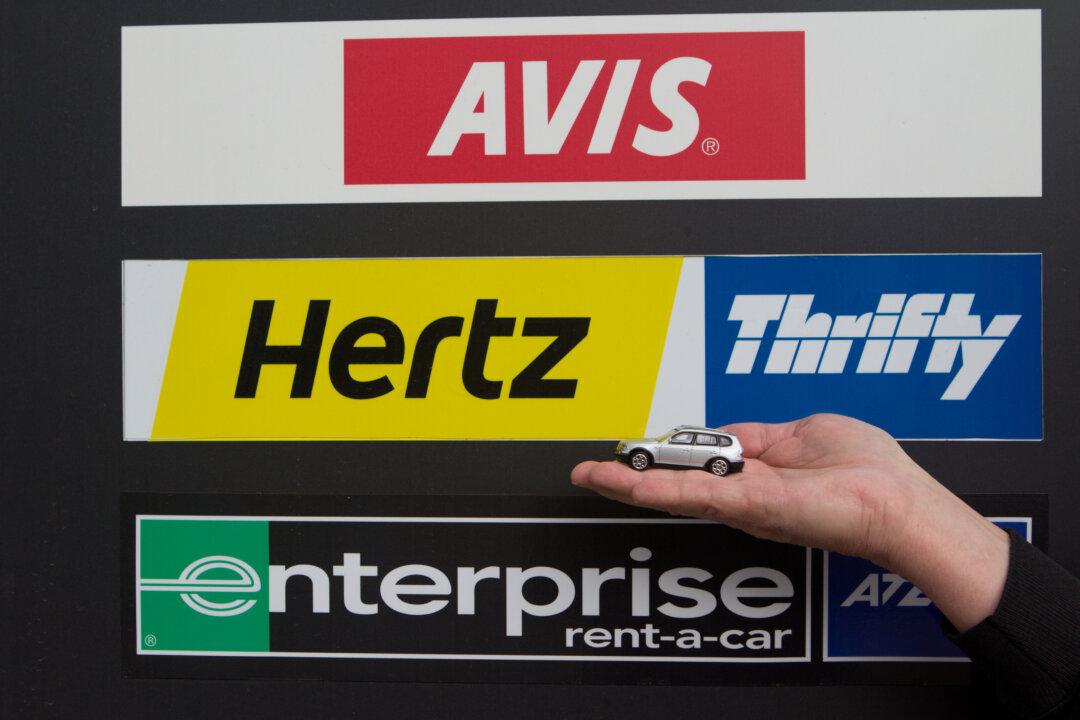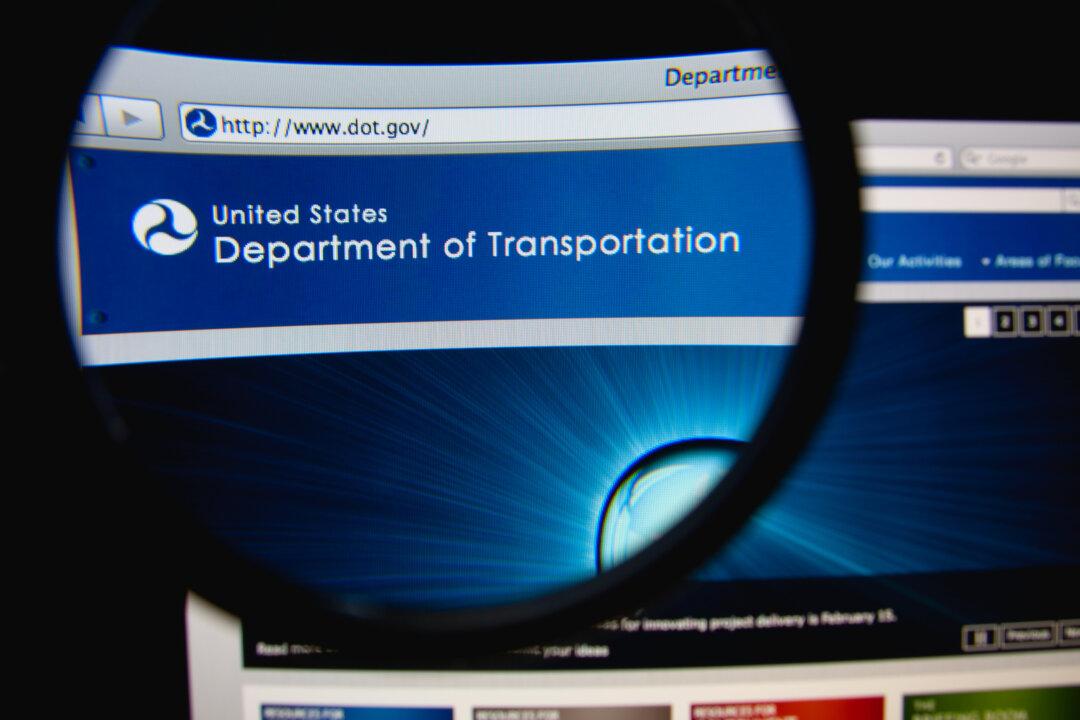Despite all the reports you see about the need for additional travelers’ rights, here in the U.S., airline travelers already enjoy a reasonably robust set of rights as things stand. If you want a quick refresher course on your rights as an airline traveler, the best place to start is the current Department of Transportation (DoT), “dashboard,” a set of three tables that show the main promises from all the big airlines. The dashboard covers the 10 largest U.S. airlines: Alaska, Allegiant, American, Delta. Frontier, Hawaiian, JetBlue, Southwest, Spirit, and United. Entries are based primarily on each line’s contract of carriage, which is the controlling document in your transaction with an airline.
The first table shows which airlines guarantee that a minor child age 13 or under be seated adjacent to an adult in the travel party. Given all the publicity this issue has received, it came as a bit of a surprise to me that lacking any regulatory requirement, Alaska, American, Frontier, and JetBlue voluntarily promise to seat minor children next to an accompanying adult. I suspect the others will be forced to follow soon.





